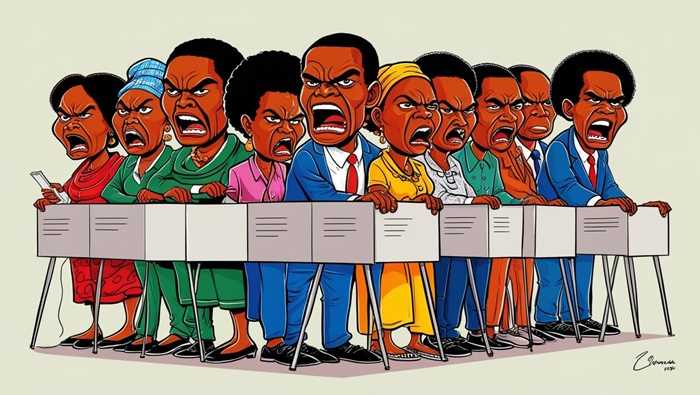
Energy Mutodi’s indication that he is ready to get the ball rolling on extending President Emmerson Mnangagwa’s term has raised speculation that there is a loophole in the Zimbabwean Constitution that allows amendments to presidential term limits without a referendum.
The Zimbabwean Constitution includes specific provisions regarding presidential term limits, primarily found in Section 91 and Section 328.
Amendment Process
Section 328(5): To amend any part of the Constitution, including presidential term limits, a Bill must be passed by a two-thirds majority in both the National Assembly and the Senate. If the amendment affects certain sections like the Declaration of Rights or agricultural land provisions, it must also be approved by a national referendum
Section 328(7): This section specifically states that any amendment to term limits cannot apply to individuals who have already held office before the amendment. Therefore, even if Parliament were to pass an amendment extending term limits, it would not allow President Mnangagwa to run for a third term unless this section is also repealed.
Section 328(9): If an amendment seeks to change provisions that affect incumbents, it requires not only parliamentary approval but also must be subjected to a national referendum where a majority of voters must approve it.
Legal experts and political analysts are currently debating the elasticity of Zimbabwe’s Constitution.
While it grants Parliament the authority to amend constitutional provisions with a two-thirds majority, such technicalities, if used to alter presidential term limits it might be technically legal but not ethically correct.
It is essential to remember that legitimacy in a democracy stems not from legal gymnastics but from the will of the people.
Related Stories
Mnangagwa rose to power in 2017, presenting himself as a reformist eager to usher in a “new dispensation” that prioritized democratic principles and economic rejuvenation.
While his tenure has faced significant challenges, including international sanctions, corruption, and economic hardship, his administration continues to insist that it enjoys the people's support. What better way to prove this claim than through a nationwide referendum?
If Mnangagwa is confident that the majority of Zimbabweans want him to continue leading, then a referendum is not only necessary but imperative.
A referendum would provide a transparent and irrefutable answer to the question of Mnangagwa’s popularity. It would be a litmus test not just for him but for the ruling ZANU-PF party’s claim that they have broad support across the nation. Anything short of this risks reinforcing the perception that their hold on power is based on coercion rather than consent.
Avoiding a referendum would not only cast doubt on the president’s confidence in his popularity but would also deepen political divisions in an already polarized nation.
It risks inciting protests and eroding any progress made under Mnangagwa’s rule thereby destroying his legacy.
If President Mnangagwa truly believes that the people stand with him, he has nothing to fear from a referendum. It is the ultimate acid test and a demonstration of his confidence in his leadership.
The writer is a Zimbabwean who desires to remain anonymous











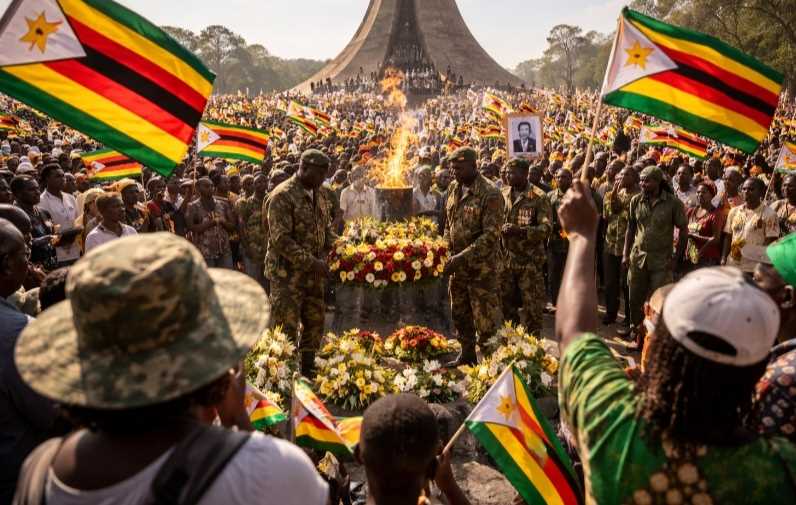


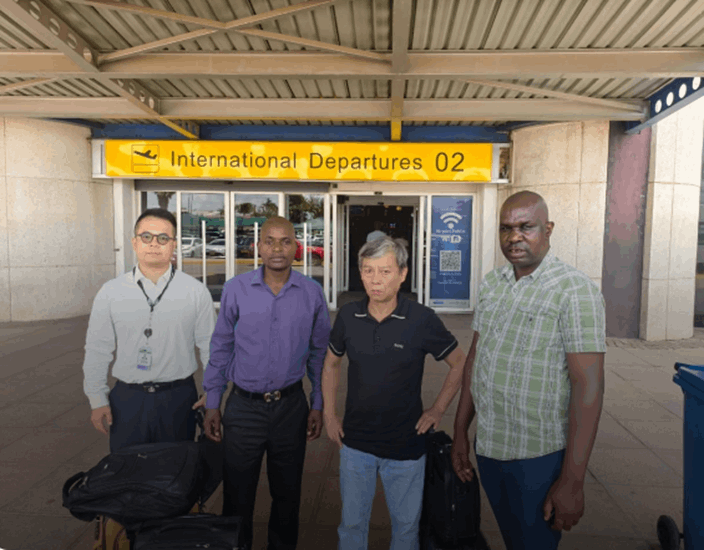
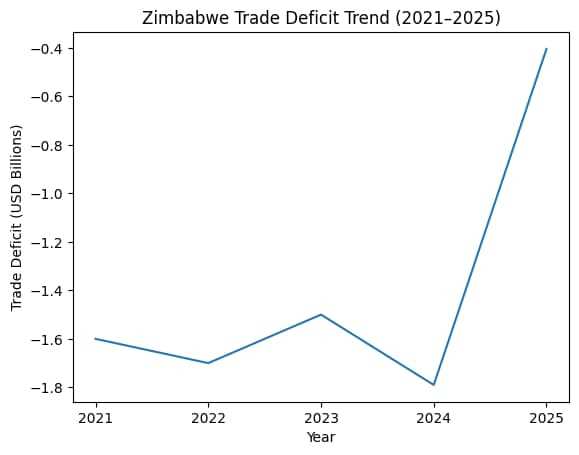
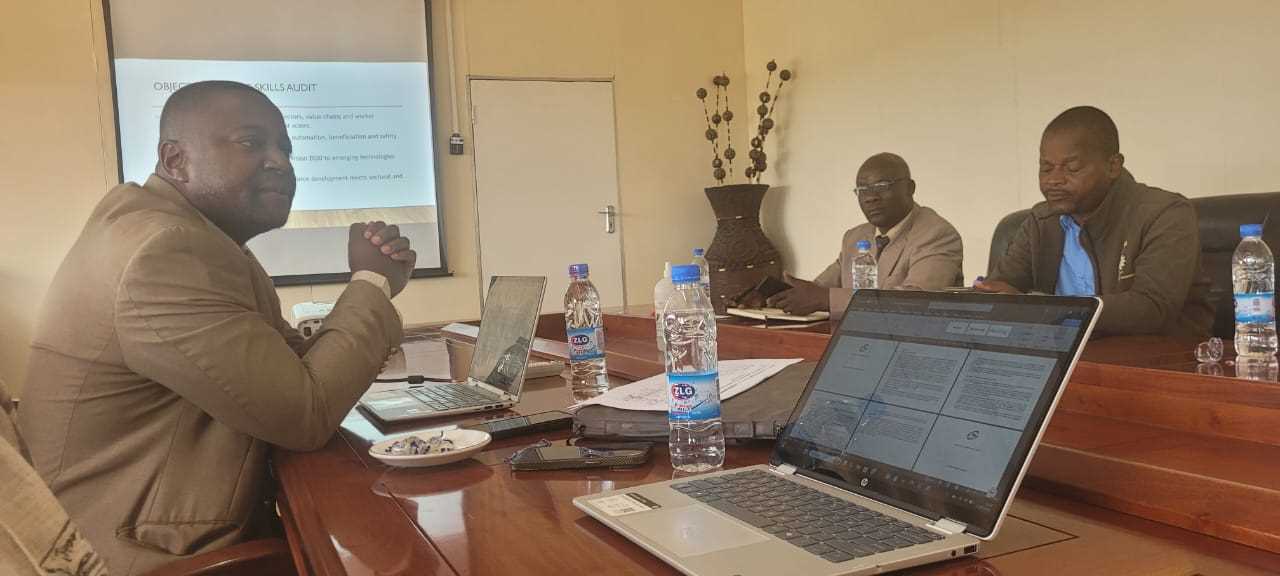


Leave Comments